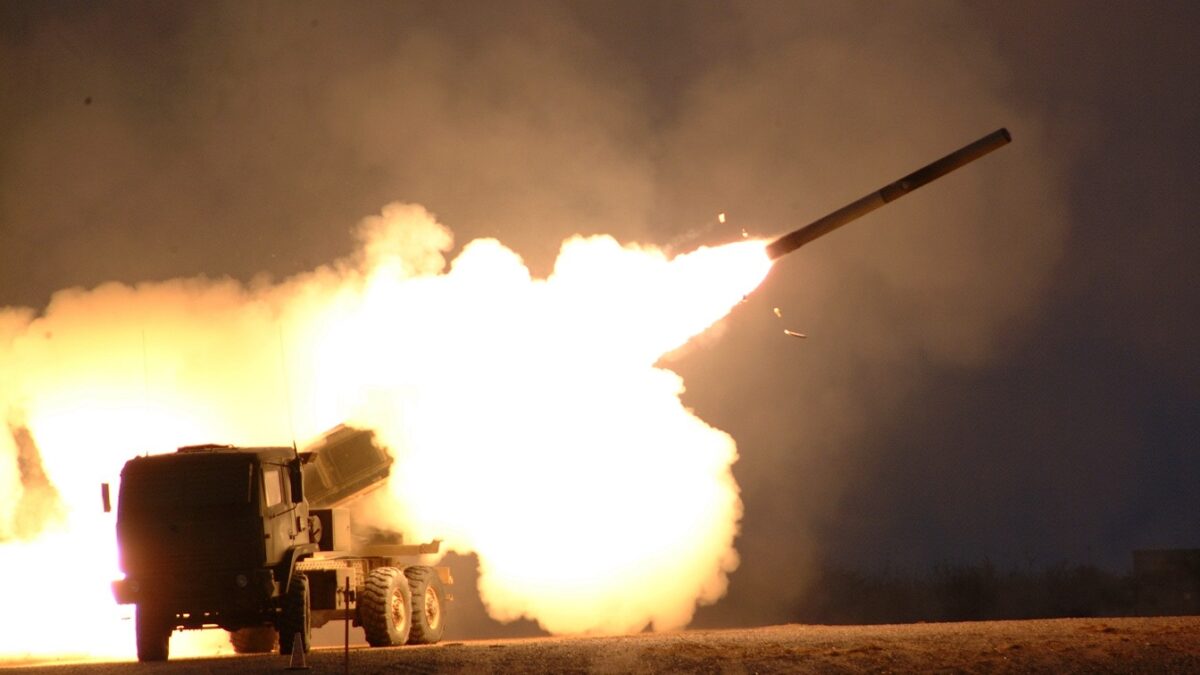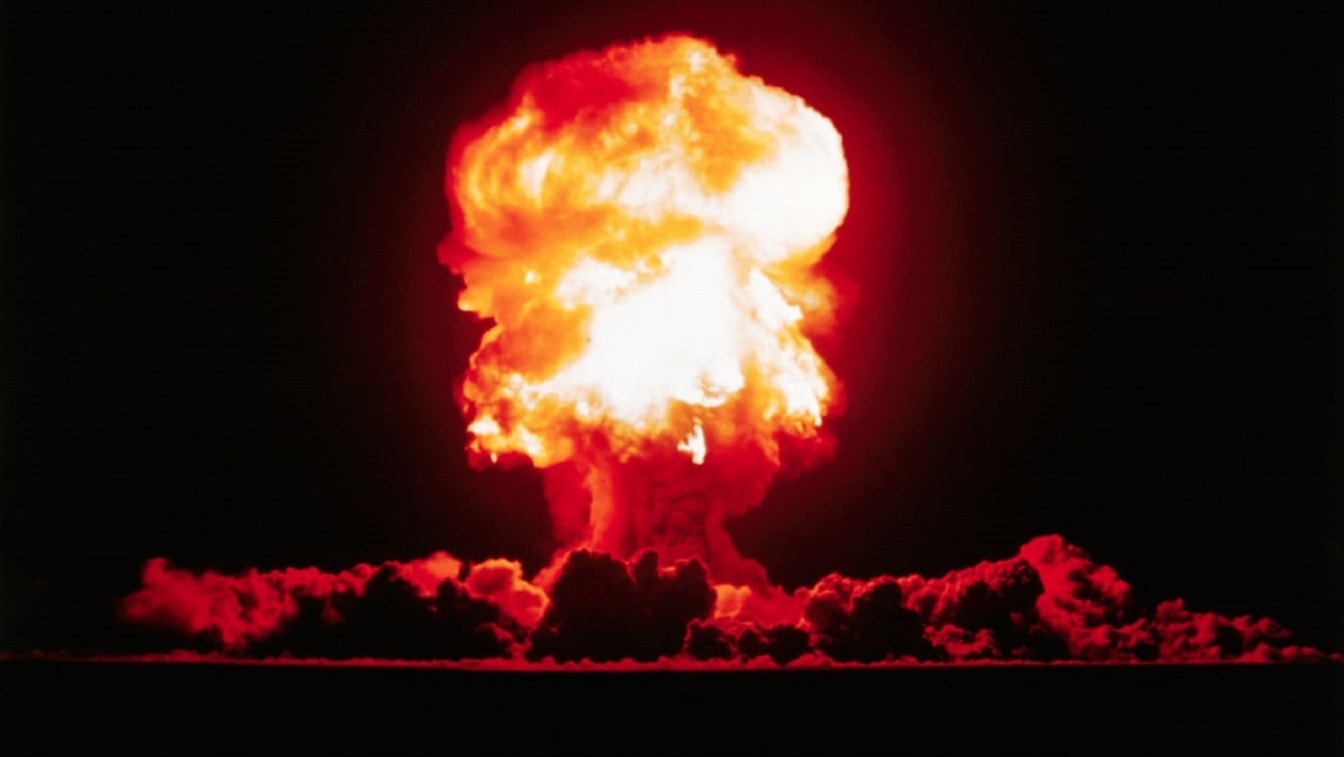With every passing day, the prospects of the Russian invasion of Ukraine are looking grimmer. The Russian military continues to suffer heavy casualties in a war that it clearly wasn’t prepared for.
Over the past three weeks, the Russian military has lost thousands of troops and hundreds of weapon systems, including tanks, armored personnel carriers, infantry fighting vehicles, aircraft, artillery pieces, and unmanned tactical air systems.
With this high rate of casualties, the Russian military will soon, if it hasn’t already, lose the capability to conduct large-scale operations of the scale and scope needed to meet the stated objectives of Russian President Vladimir Putin. This has all the potential to prove catastrophic for the Russian dictator, whose future credibility and even survival depend on a large scale on how the war ends.
To prevent this outcome, the Kremlin has to do something radical or revise once more its strategic objectives in Ukraine.
A Nuclear Strike?
However, radical doesn’t necessarily mean the deployment of a nuclear weapon in Ukraine.
A tactical nuclear weapon might give Moscow the operational break it has been looking for desperately for months now, but it might cost far more on the strategic level.
For one, Russia would most likely be turned into a pariah state and join the likes of North Korea and Iran. Even China and India are likely to distance themselves from the country that launched a nuclear weapon in an attempt to salvage something for its war of aggression on its neighbor. China, after all, seeks to replace the United States as a world power in the long run, and as a result, it doesn’t have the diplomatic luxury to be seen to not condemning the first use of nuclear weapons since the end of the Second World War.
On the operational aspect, moreover, the Russian military might not necessarily benefit from a tactical nuclear strike. For one, the US and NATO won’t be restricted in the type of conventional arms that they could provide Ukraine. Weapon systems such as the MGM-140 Army Tactical Missile System (ATACMS), F-16 Fighting Falcon fighter jet, and more capable unmanned aerial systems, such as the MQ-9 Reaper, will be on the table.
Furthermore, the chemical, Biological, Radiological, and Nuclear (CBRN) capabilities of the Russian forces are unknown—though judging from the serious shortages of even the most basic kit, such as tourniquets and bandages, the Russian military won’t be ready to fight in a “dirty” battlefield.
So, if the Russian military can’t take operational advantage of a tactical nuclear strike, then it is that much less reasonable that the Kremlin will decide to deploy one in Ukraine.

HIMARS. This is similar to what is being used in Ukraine.
To be sure, all of the above hinges on the assumption that the Kremlin will act as a reasonable actor. Judging from how it has acted thus far in pursuing the war in Ukraine, that is far from a given.
Expert Biography: A 19FortyFive Defense and National Security Columnist, Stavros Atlamazoglou is a seasoned defense journalist specializing in special operations, a Hellenic Army veteran (national service with the 575th Marine Battalion and Army HQ), and a Johns Hopkins University graduate. He is currently working towards a Master’s Degree in Strategy and Cybersecurity at the Johns Hopkins University’s School of Advanced International Studies (SAIS). His work has been featured in Business Insider, Sandboxx, and SOFREP.

